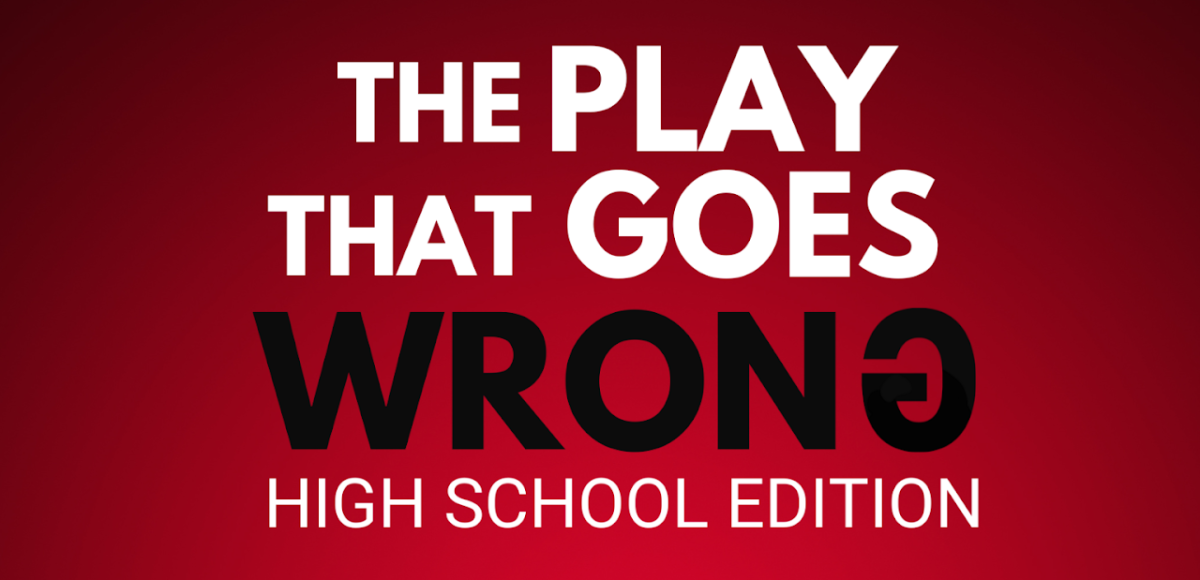
 chools around the country, including the Orono District, could see funding cuts starting in 2013.
chools around the country, including the Orono District, could see funding cuts starting in 2013.
With a package of federal tax cuts from 2001 and 2003 set to expire on Jan. 1, the United States economy is said to be heading towards a “fiscal cliff” – in other words, a combination of crippling spending cuts and large tax increases. Congress is currently working to form a plan concerning how to combat the quickly approaching deadline.
“They knew that they couldn’t compromise, so they made it so unpleasant for both parties that they would have to negotiate,” said social studies teacher David Herring. “Now they have to do something. They have to agree. They have to compromise.”
Congress members have proposed and denied idea after idea in an attempt to satisfy both parties’ wishes. All the while, the cliff looms closer.
The income tax rate for all Americans, should they fail to reach an agreement, will increase by three to five percent. It would also raise the payroll tax, which was lowered to 3.8 percent by Obama, back to 6.4 percent.
There would also be $1.2 trillion in federal budget cuts enacted Jan. 2, according to The Washington Post.
According to Business Week, state governments could lose up to $7.5 billion of federal money. Federal cuts to education around $5 billion would also be enacted.
These cuts would most quickly affect schools with high numbers of disadvantaged families, such as inner-city schools.
All of these cuts are an effort to slow the growth of the national debt. Since 2000, the last time the United States had a surplus of revenue, the government has cut taxes to their lowest and increased spending, especially with two wars and recent major natural disasters like Hurricane Katrina. Foreign aid has also factored into the debt.
According to Herring, the deficit is the yearly amount of federal money lost (that is, spent without being received back in revenue), and the national debt is the accumulated deficits over time. By mending the deficit and starting to create a surplus in revenues each year, the debt can begin to be combatted.
“We have raised our spending hugely at that same time as we cut the revenues that we took in,” said Herring.
Orono will feel the effects later, should the nation enter the New Year with these budget cuts. Most families will have to pay an extra few thousand dollars in addition to their current tax rate. School funding for technology and extracurricular activities could shrink, and local taxes could rise to cover the loss in federal funding. Class sizes could also grow.
Most students doubt that the school will be very affected by the spending cuts. “Our school doesn’t get a lot of the [federal] tax dollars because we don’t need it as much,” said senior Hailey Hickey. “For smaller schools, particularly up north or in more deserted regions, I think that it will affect them…quite a bit.”
Herring said that a major issue in this budget cut is how school spending is mandated. State governments run the schools, and schools are the largest part of the state budget, but the federal government mandates some of the spending, especially with special education programs. It protects civil rights, but that spending is not sponsored by the government, so schools must pay money that is not supplied to them to meet spending requirements..
Senior DJ Montecalvo said, “I think we [Orono Schools] have more than enough money for now.”
Herring said the cuts will “make an already existing problem worse,” but he said he doesn’t think that changes will go noticed. Again, the most prominent and noticeable cuts will be to schools with greater poverty rates.
Orono Schools funding from local referendums may decrease after a time, when parents feel the full brunt of the income tax increases, but for now, the school has plenty of funding to operate.
Other government programs facing spending cuts include defense and some domestic spending. For now, Social Security, Medicaid and other entitlements will not be affected.
According to The New York Times, these cuts are like “slashing a budget ‘blindfolded.’” The budgets are not determined by the actual needs of government programs.
This all is hypothetical until Dec. 31, whether Congress can come to an agreement or not. The partisan track record doesn’t give a promising outlook.
A sort of “down payment” (a different package of spending cuts and deductible caps) has been proposed to give Congress more time to decide; however, some fear it will merely stall the decision indefinitely and waste revenue, according to Marc Thiessen in The Washington Times.
Other proposals include allowing tax increases, especially for the highest 2 percent of incomes, which Republicans firmly refuse. President Obama also proposed a $200 billion stimulus plan meant to help adults go back to school to get better jobs. However, the greatest concern for Congress is how to mend the deficit.
Junior Cole Terry said that he doesn’t believe it’s possible for Congress to compromise. “There’s always going to be a difference of opinions,” Terry said, “and they don’t seem like the kind of people who would make a treaty.”
“They’re bi-polar ends,” said senior Andrew Jordan of the cleaved Congress. “Both parties have to come together to make a solution that will benefit the whole country.”
Maddie Mayhew is the Editor in Chief – Online for The Spartan Speaks.







